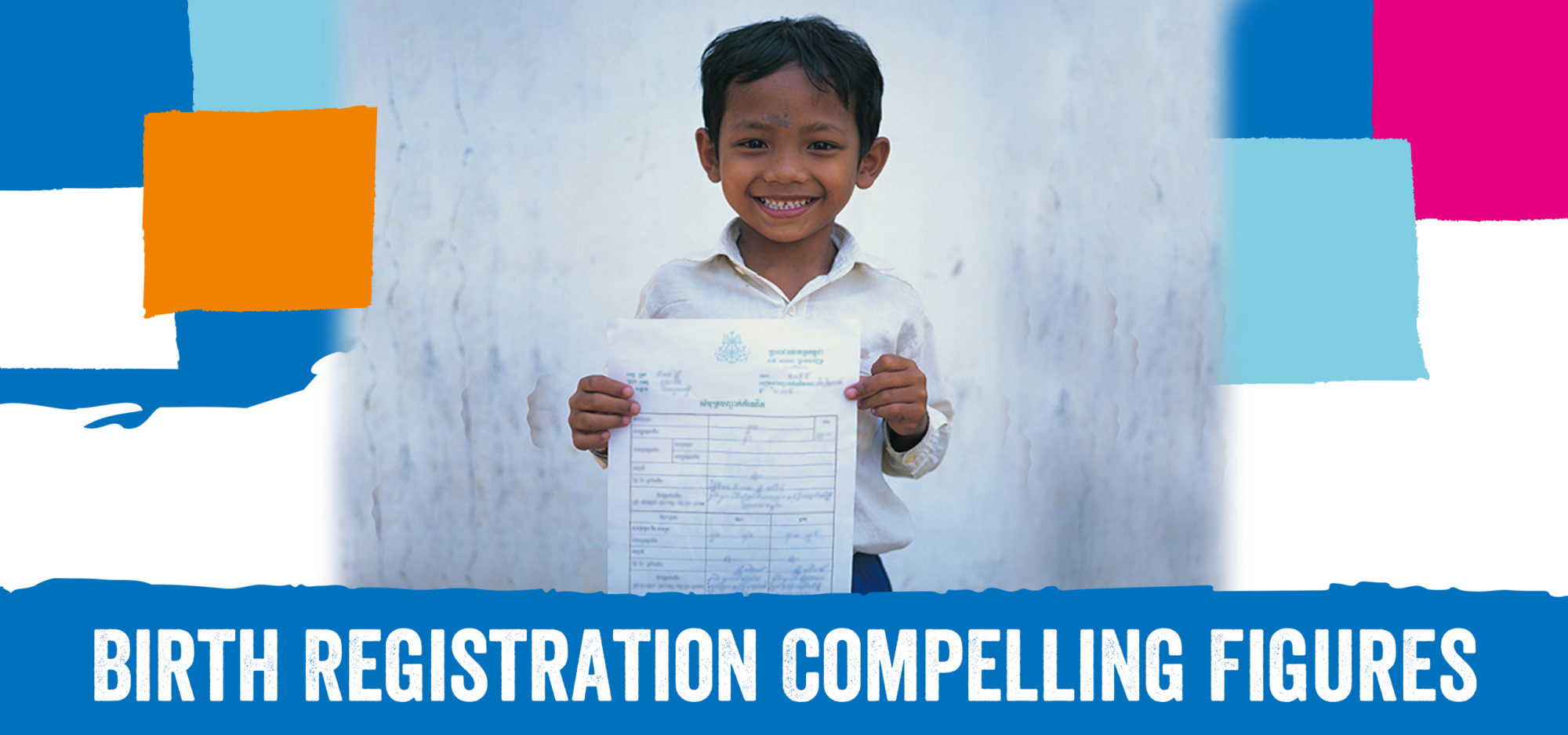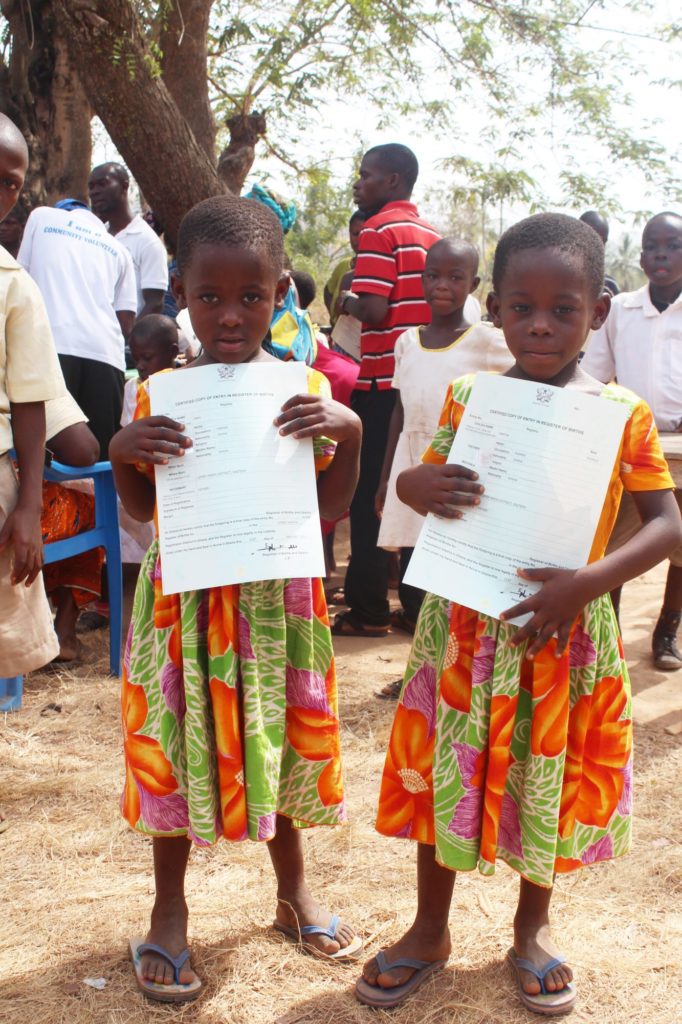- About us
- Our Work
- Child Sponsorship
- Girls Get Equal
- Donation
- Get Involved
- News

Birth Registration Street Interview : Stephy Tang
(Chinese version only)
The Scale of the Challenge
More than 100 developing countries still lack a functioning civil registration and vital statistics system (CRVS) that can support efficient registrations at birth. Often, the situation is further exacerbated by the distances that parents might have to travel to the nearest registration centre. If the families are already poor, the expense of such an exercise is an extra disincentive. Complicated bureaucratic processes are another deterrent.
Around 2.9 million children under the age of 5 do not have their births registered, which is 39 times the population of Hong Kong!
How can the dynamic be changed?
To make people count, you first have to count people. Apart from the obvious benefits for the individual, birth registration statistics are the most accurate gauge that allows governments to plan and execute the relevant policies for the existing and future needs of their populations, as well as to track their progress.

Whilst governments in developing countries continue to build their conventional registration processes, adopting and adapting the use of digital technologies to strengthen the process has proven to be an effective tool. Plan is currently implementing digital birth registration (DBR) projects in four of the 36 countries in which the CEC campaign is active.
DBR has been shown to
- Increase the reach, efficiency and effectiveness of birth registration processes while improving the quality of data
- Improve birth registration rates
- Remove barriers to registration, such as distance to registration centres, high costs involved, and complicated processes